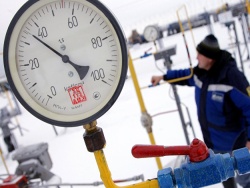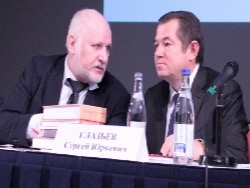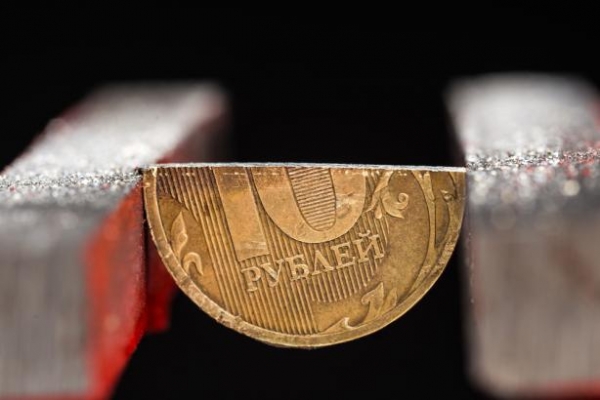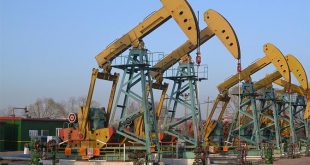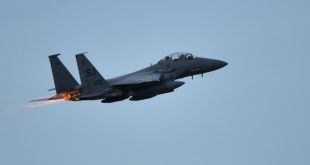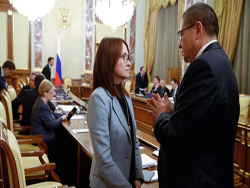
In conditions of market turbulence increasingly dangerous for the Russian economy offers
The strengthening of the Russian ruble in the last few few days, due to a noticeable increase of oil prices, revived hopes for the fracture of the crisis. However, the increase in oil prices is not backed by any visible improvement in fundamentals of the global economy. Therefore, the risks of a new collapse in energy prices, and with it a new round of the weakening of the national currency, remain extremely high, and to talk about improving the situation it will be possible not earlier than in a few months.
Key negative factors that triggered the unprecedented drop in the price of just a couple of months ago, remains in force. Oil production is declining, but the rate of decline remains insignificant, but the excess supply still weighs on the market.
The agreements about the freezing of production achieved by a number of States, including Russia, do not inspire much confidence.
Historical experience shows that when the majority of participants of such agreements begin their run, the temptation to dramatically increase production and take away market share from competitors is very high. In fairness it should be noted that since the production will be recorded at the actual levels, it can dramatically scale up there are not all countries participating in the agreement. In particular, in Russia the possibilities for increasing oil production in the medium term is almost exhausted. Therefore, the agreement to limit production at maximum levels for us and it is unlikely that we will break even if suddenly want.
However, a number of major oil producers are not willing to limit production. In particular, the representatives of Iran has called such suggestions laughable. I can understand them, because Iran was under sanctions and now wants to catch up. This behavior of individual countries can split an agreement to freeze production when the member countries of the agreement will see that they are losing their market share and their incomes from oil exports are declining, despite the rising oil prices.
Don’t forget about the slowing Chinese economy and the resulting deceleration in the growth rates of oil consumption. Risks of a hard landing in China did not become less, despite statements by officials that the situation is under control and that global markets generally overestimate the influence of what is happening in China processes in the world economy. However, as they say, size matters, and if the Chinese economy will go into an uncontrollable crisis, you will not find anyone, including Russia, as the demand for oil and other raw materials from China is a key factor in the formation of world prices.
In addition, in recent years has increased the risks associated with exchange rate policy of the Central Bank.
As is often the case in turbulent times, increasingly calls for a dramatic change in the economic policy of the state and, in particular, to changes in monetary and exchange rate policy. In particular, the recent proposals about the abandonment of inflation targeting in favor of equity financing industry, fixing the ruble exchange rate to reduce volatility in the currency market, the imposition of restrictions on currency operations and capital mobility.
As is well known from the experience of several countries, including the former USSR and modern Venezuela, this kind of proposal is fraught with the acceleration of inflation, the formation of multiple rates and black market currency and, eventually, a severe economic crisis. The presence of a fixed exchange rate combined with restrictions on currency transactions will inevitably lead to shortage of currency. In Russia, where half of imports is machinery and equipment where there is a significant amount of screwdriver production, is critically dependent on component imports, the shortage of currency will lead to the rupture of economic relations in many sectors. This factor played a negative role in the collapse of the Soviet economy and this factor is one of the main causes of economic decline in Venezuela.
The presence of a flexible exchange rate combined with high capital mobility allows to prevent rupture of economic relations in the economy even in the conditions of inevitable reduction of production along with reduction in oil revenues. Maintaining a stable inflation rate reduces macroeconomic risks and provides support to private investment. That is why it is so important to maintaining the current monetary and exchange rate policy of the Central Bank. However, the pressure on the Bank of Russia is growing and, with it, rising medium-term risks for the Russian ruble.

